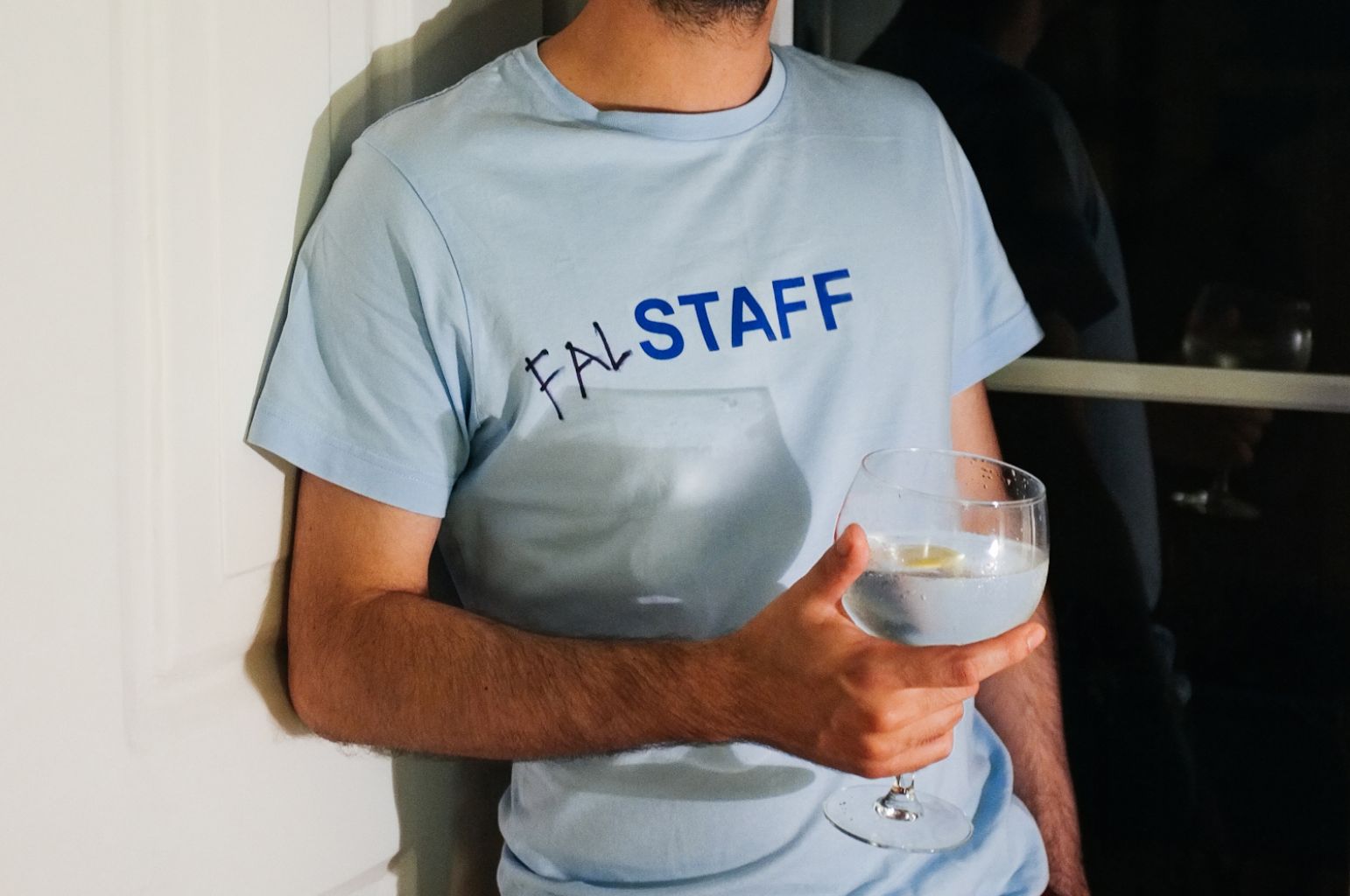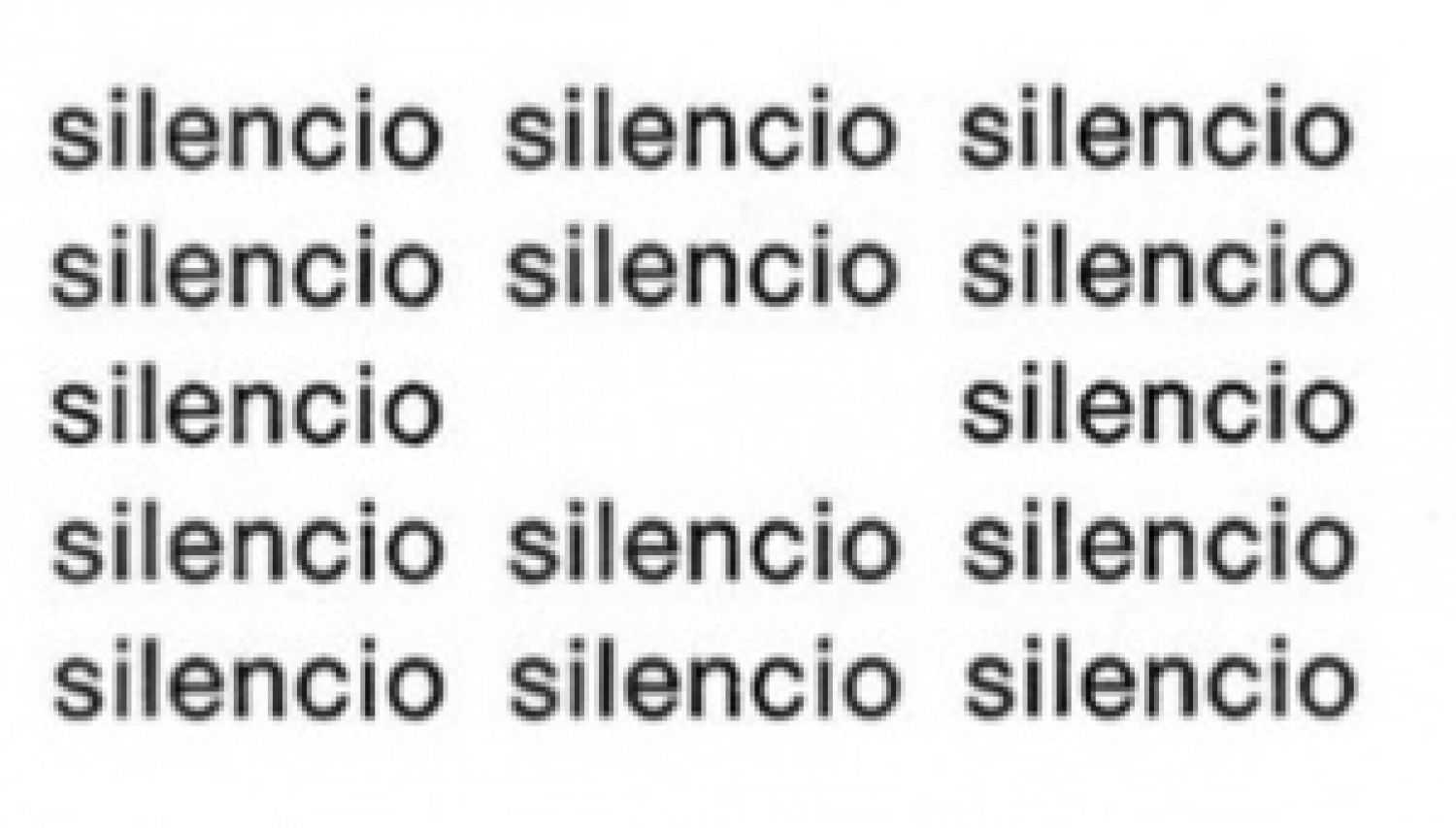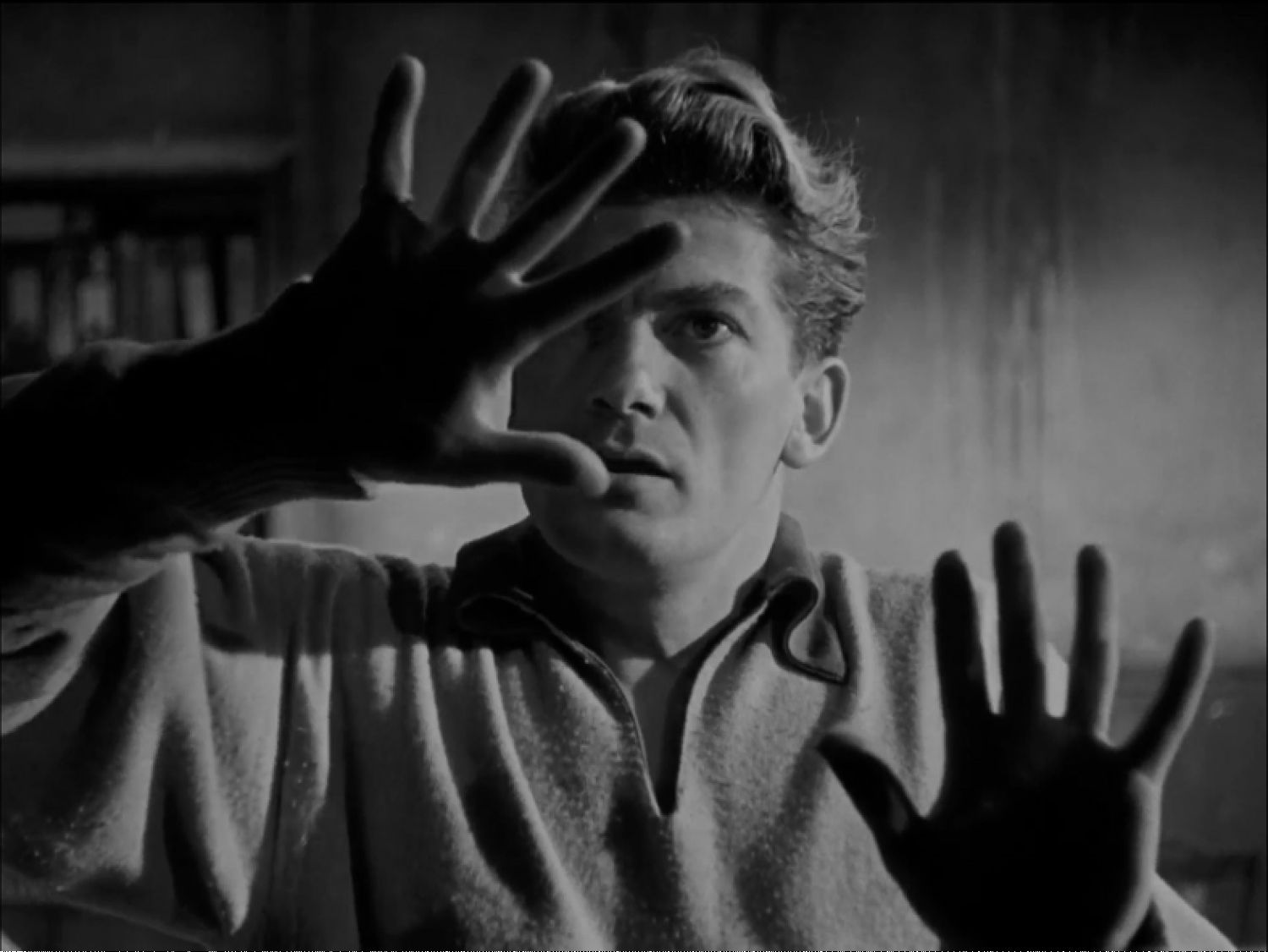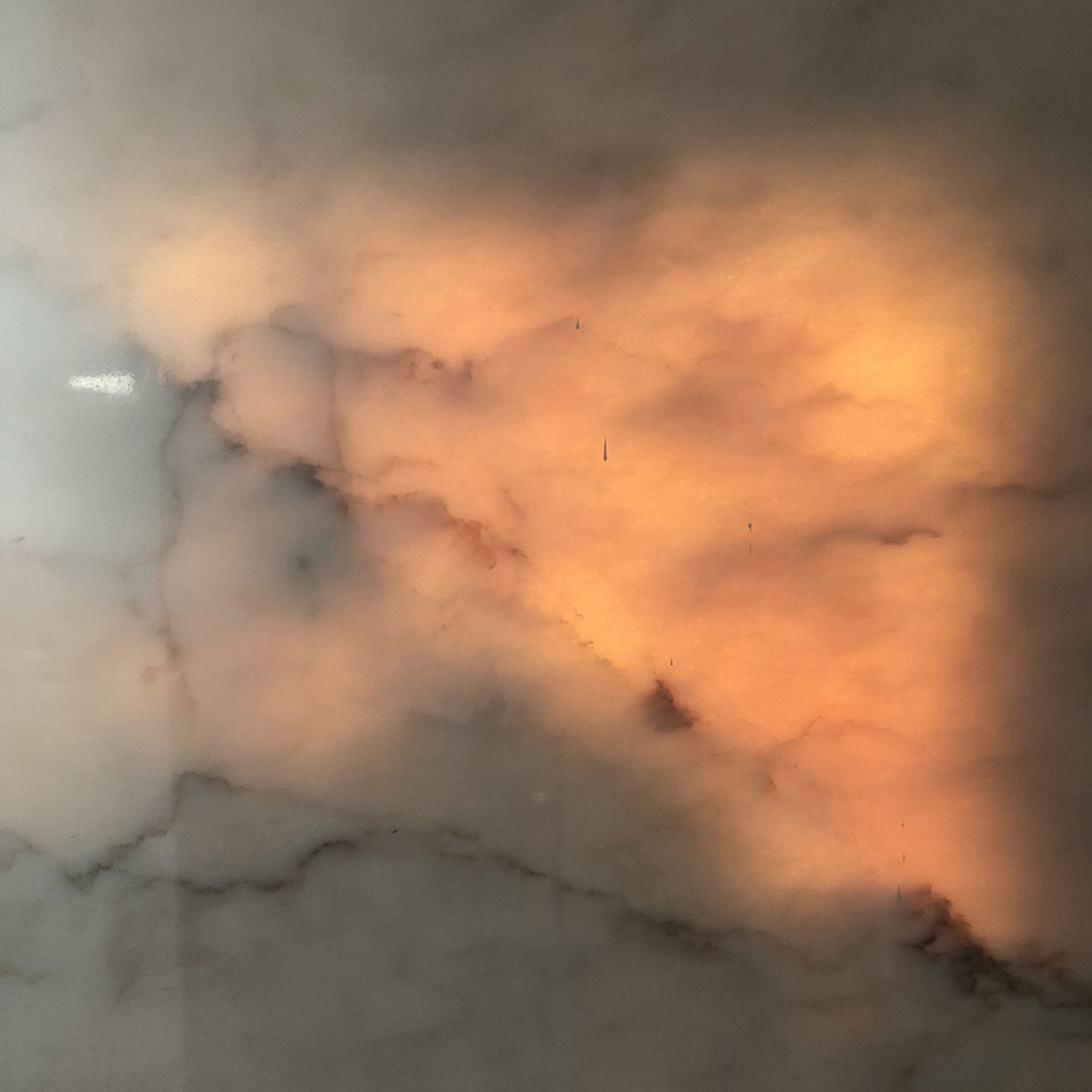#2 Poetry and Simultaneity
Filipe Pinto
6.
There is a children’s game that is called broken telephone in English. In a classroom, for instance, the first student says a sentence to the second student, the second to the third and so on to the last, on the other corner of the classroom. The sentence will be completely changed from the original one. The words have twitched in between their small throats and tympanums; continuity is going to be interrupted by the succession of shakes-up of each listener-speaker, not letting communication reorder the course, forever diverging from the original and the predicted; language becomes alive, it escapes the dictionary’s closure, logic, sense, order; at each gap, an unexpected sprain; in between each listening and whispering, a point is added. In this way we seem to discover what had remained hidden in the original sentence’s apparent transparency, what was retained under the text’s texture, under the tongue that speaks, sublingual as the pill for coronary distress, very effective.
7.
What is actually discovered, are the possibilities of the original sentence and of all the subsequent sentences that came out as the attempts of repetition of what has been heard; what actually happens is that at every transition each child begins to fail, for better worse.
This game seems to let us discover – uncover, unveil, uncloak – the possibilities of each pronounced sentence, of which every sentence is charged of, the potential enclosed in everything that is said. In this sense, therefore, it is a strategy, a poetic device. The poetical word disorganizes and extends the sentence and the common word, it interrupts the torpor of the transparent word; the transparent word, on the contrary, is that which crosses the space, without noise, interruption, or deviation, between a throat and a tympanum. Poetry is opposing the word instant to the word duration; or, poetry opposing the plan to the line.
Broken telephone unfolds the single present of the original sentence on a sequence of potential presents, successively communicated by the infant’s throats. All the failed sentences project the plan of the possibilities of the original sentence.
8.
The verse is also a part of this plan of possibilities, the reverse of things. For instance, some poetry is made of verses, that is to say, made of (re)verse things (as in the front and back of books); poetry, the verse, is to say – see – things from the other side; it is not to see – or to say – the hidden side of things, nor their truth, but just to say them or to see them from yet another side, the side of the (re)verse. It can be said that the verse crosses or allows us to cross the front face of things; as if we'd say [in Portuguese] that light [luz], when seen from behind (verso), has a somewhat blue [azul] tint, and, justifiably so, vice-versa [luz a]. Now, in this sense, if we think about the purpose of the verse, or how is the (re)verse of things another way of knowing them, another access or approach, we will say: «The night is our gift of sun for the ones who live on the other side of the Earth» (Carlos Oliveira), or else, the sea, which is surface to man – misleading surface, as Michaux wrote – is a ceiling to the whale, as it can be read on a kenningar read by Borges; indeed, all the sea is submarine, because in the word submarine is implied everything that is beyond that flat surface of the quiet waters; the same flat surface – the superficial tension – which allows the tailor to tap without piercing the water’s skin. To look at the re(verse) of things, to disarrange the common, to recognize the possibility of a bohemian character on a member of the staff, to recognize on the one who serves somebody that is exclusively served, [Inappropriate Shirt #1] – to explore the plane of the possibilities of things, to interrupt the single present.
9.
As Bergson has explained us, time – the present – is the factor that prevents everything (what is possible) from happening at the same time. Time – the present, now – is the factor that prevents simultaneity, and around its funambulist line develops all other lines of possibilities.
This plane of possibilities, the kingdom of the possible, has its own name – politics. Politics is the ground where possibilities are played with – or created –, that is to say, it is the kingdom of simultaneity; the possibilities become real only when they are simultaneous. Politics is the kingdom of possibilities because it is not restrained to that single line of the present, because on each now we catch a glimpse of the parallel possibilities, because it perceives each now as dubious, multiple, each moment as a sequence of simultaneous moments. When the logics of sequence and successiveness are interrupted by the disruption of the simultaneous, that’s when politics actually happen, on that moment, politics becomes possible. The true political event is the recognition of a simultaneity (and not the subsequent moment of decision).
10.
We often consider as being political, certain works which impose an a priori reading, which want to carry a message – a critic, a denouncement, a renouncement, an announcement –, trying to choreograph, prescribe the experience of the spectator, meaning they intend to draw a line instead of providing a plan, like the barrel of the riffle that guides the bullet towards the desired direction; a protocol to the spectator. As we can see, a logic that is contrary to all that has been said above about poetry and simultaneity, about the line of the present and the plane of possibilities, contrary to a certain understanding of what politics can be.
[Translation: Joanna Cameira Gomes]


